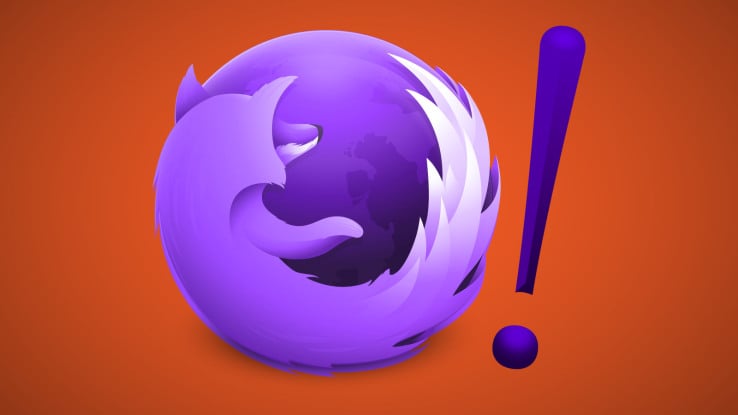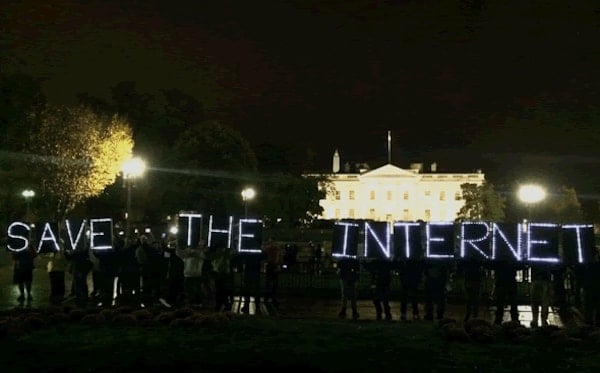
UPDATE: What the Mozilla Yahoo Partnership Will Mean For You
January 12, 2015
Friday Fun Blog: Special Snowflake Edition
January 16, 2015For some, it may have been a while since you’ve really seen the government trying to do good for the people. And let’s face it, the internet is awesome. The government uses it. We use it. They probably want to monitor what we’re doing on it—but hey, at least they’re trying to keep it free, right?
Seriously, people, they’re trying to help. Don’t let the internet be tied up in chains or else there may come a day when you won’t be able to read your favorite colocation company’s blog. And we wouldn’t want that, would we?
Still confused about where I’m headed with this? Why don’t I let this fine gentleman tell you a little bit more about it:
We don’t want our internet to be the (more) modern day Prometheus, helplessly chained to some cable company’s rock.
So that leads us to wonder what steps and measures the U.S. government is taking to help us. Let’s look at a few.
How the Government is Helping to Notify You of Data Breaches
That Obama guy is back and he’s kind of mad at companies for not notifying victims of their faulty security when those victim’s data gets hacked.
Now the government would like these companies to notify victims within 30 days of a data breach.
Obama, on the leg of the Sony Pictures hack decided it was time to finally let the people know. Said Obama, “This is a direct threat to the economic security of Americans’ families and we’ve got to stop it. If we are going to be connected, then we need to be protected.” That only makes sense, right?
The President means to talk more about this at his State of the Union address on January 20th. The main points regarding technology will be strengthening cyber security and increasing internet access.

A sneak peek at one of the new proposals will be something called the Personal Data Notification and Protection Act which will hopefully bring peace of mind to Americans who had literally no control over their valuable information being hacked and compromised during the ever-present security hacks of which we keep hearing.
Hopefully the 30-day rule will become a nation-wide standard that will give American consumers the information they need in a timely manner.
It will also give the companies who have been hacked a standard on how to deal with it on their end. Seems like a win-win for all parties involved.
Something else that became of this that will hopefully allow consumers to know if their information has been compromised: The White House said that major banks like JPMorgan Chase and Bank of America will make credit scores available for free to their customers who have a debit or credit card with the company. Maybe these data hacks will end up being a good thing after all?
Probably not.
Technology at the Upcoming State of the Union Address
Let’s get back to the State of the Union address because there’s some really interesting things going on there.
Back in November, President Obama entered the net neutrality ring by urging the Federal Communications Commission (FCC) to let the internet stay “free,” or, equal for businesses and the public.

That’s right, folks. Net Neutrality. The quiet assassin. The thing that we all kind of know about and that we all hope won’t really happen.
Well if it did that means that your cable/internet provider like Comcast or Time Warner could force you to pay much higher rates for different aspects of the internet. Like, for instance, you have to pay more for Netflix and things of that matter.
Basically, net neutrality is a horrible thing. And we all (should) hate it, but money grabbers mean to change that.
But Mr. Obama wants that not to happen and we should be thankful of our government and all that they do for us in this regard. The internet should be open for all and the government wants to help.
So, in front of an estimated 33 million viewers, the President looks to reach a wider, perhaps ignorant-to-the-matter audience.
Why The President Gained Some Ground for Net Neutrality
Gabe Rottman, of the American Civil Liberties Union, said of The President potentially mentioning net neutrality, “I think it’d be interesting if he mentioned net neutrality in the [speech] with everything else going on. His earlier call for Title II was surprisingly, and welcomingly, unequivocal.”
Title II of the Telecommunications Act is what Obama will be calling for to enforce stronger rules, and reclassify broadband internet like traditional telephones.
The current chairman of the FCC Tom Wheeler gave a surprising and strong indication at the Consumer Electronic Show (CES) that he would side with The President on this matter. Wheeler mentioned how the mobile calling platform has been operating under a similar model for years without much hassle.
If you can reach your brains all the way back to last year’s State of the Union address, The President talked about his pledge to provide almost all U.S. students with high-speed broadband in the up and coming years.
If Title II can gain some ground, The President could make due on his pledge.
All in all, The President seems to be on the right path in both protecting Americans from the dangers of the internet through compromised data through hacks, or by urging the FCC to keep the internet as open as possibly in the fight for net neutrality.
Hey, maybe it’s time to give the government some props after all. Lower gas prices & an open internet. I love America.
